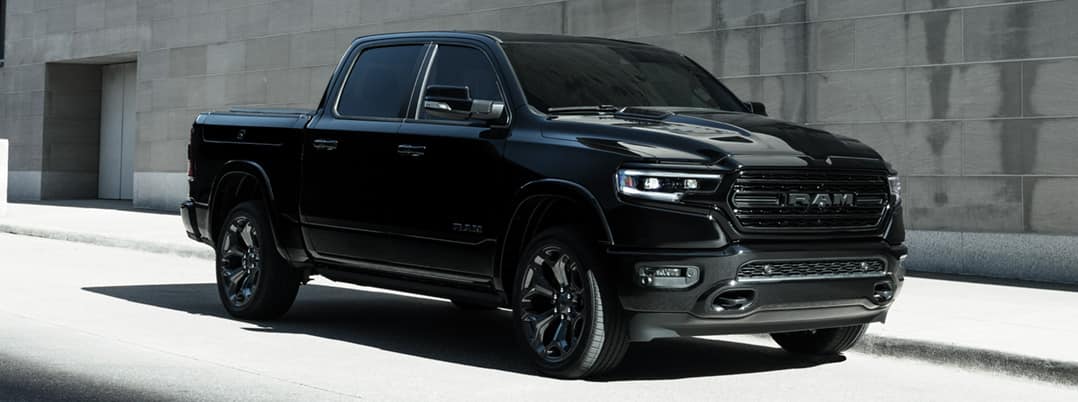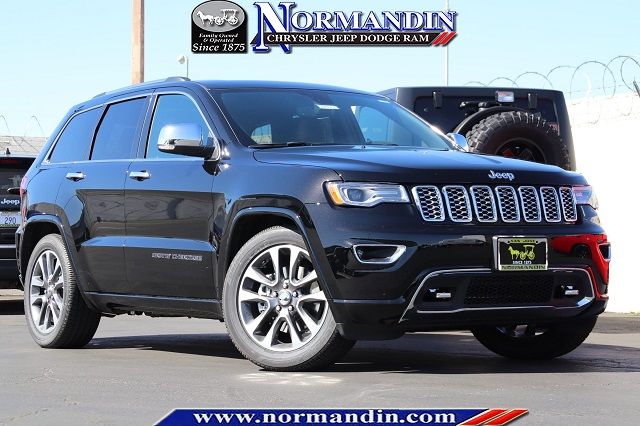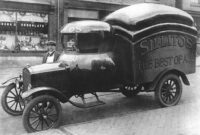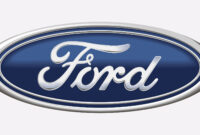EcoDiesel Trucks For Sale: Your Comprehensive Guide to Smart Buying sale.truckstrend.com
The automotive landscape is constantly evolving, but one segment that has consistently captivated enthusiasts and practical buyers alike is the diesel truck market. Within this powerful niche, the EcoDiesel truck has carved out a unique identity. Combining the robust torque and impressive fuel efficiency traditionally associated with diesel engines with a more refined, quieter, and often more compact package, EcoDiesel trucks offer a compelling alternative to their gasoline counterparts and even larger, heavier-duty diesels.
For sale listings of EcoDiesel trucks represent an opportunity to acquire a vehicle that blends the best of both worlds: the pulling power and long-range capability of a diesel, coupled with the daily drivability and surprising economy of a lighter-duty truck. Whether you’re a contractor needing to tow equipment, an adventurer planning long road trips, or simply someone seeking a highly efficient and capable daily driver, understanding what’s on offer in the used EcoDiesel market is crucial. This guide aims to provide a comprehensive overview, equipping you with the knowledge needed to make an informed purchase.
EcoDiesel Trucks For Sale: Your Comprehensive Guide to Smart Buying
What Makes an EcoDiesel Truck Unique?
At the heart of an EcoDiesel truck lies the VM Motori 3.0-liter V6 turbodiesel engine. This engine, primarily found in the Ram 1500, Jeep Grand Cherokee, and more recently the Jeep Wrangler and Gladiator, was designed to deliver a potent combination of power and efficiency without the traditional compromises of noise, vibration, and harshness often associated with diesel powerplants.
Key Characteristics:
- Engine Specifications: The 3.0L V6 EcoDiesel engine has seen several iterations (Generations 1, 2, and 3), with continuous improvements in power output, torque, and refinement.
- Generation 1 (2014-2016): Typically produced around 240 horsepower and 420 lb-ft of torque.
- Generation 2 (2017-2019): Minor refinements, similar power figures.
- Generation 3 (2020-Present): A significant leap, boasting up to 260 horsepower and a robust 480 lb-ft of torque, along with enhanced reliability.
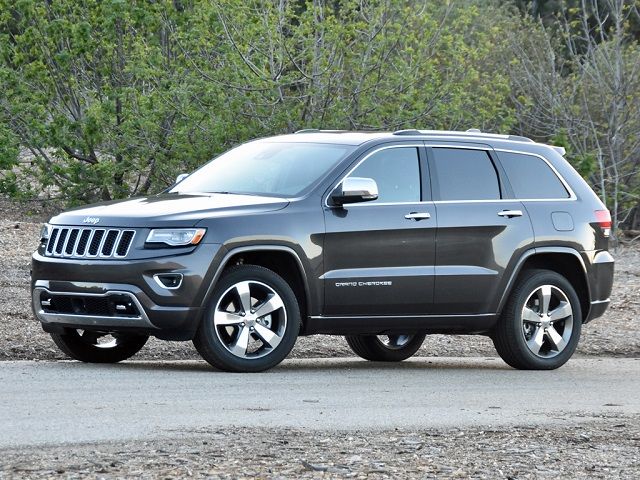
- Fuel Economy: This is a major selling point. Depending on the model year, vehicle, and drivetrain (2WD vs. 4WD), EcoDiesel trucks can achieve impressive EPA-estimated highway mileage figures often exceeding 25 MPG, and sometimes even topping 30 MPG in lighter applications like the Ram 1500 2WD. This translates to exceptional driving range.
- Towing and Payload: Despite their relatively smaller displacement compared to heavy-duty diesels, EcoDiesels offer substantial towing capacities. A Ram 1500 EcoDiesel, for example, can tow over 12,000 pounds in its latest iteration, making it highly capable for trailers, boats, and RVs.
- Refinement: One of the most praised aspects of the EcoDiesel is its quiet operation. Inside the cabin, it’s often difficult to tell you’re driving a diesel, thanks to advanced sound deadening and engine design.
- Emissions Technology: EcoDiesel engines utilize modern emissions control systems, including Diesel Exhaust Fluid (DEF) and a Diesel Particulate Filter (DPF), to meet stringent emissions standards, making them cleaner than older diesel counterparts.
![]()
Why Buy a Used EcoDiesel Truck?
Opting for a used EcoDiesel truck can be a financially savvy decision, offering significant advantages over purchasing new.
- Cost Savings: New trucks experience substantial depreciation in their first few years. Buying used allows you to bypass this initial hit, getting more truck for your money.
- Proven Technology: While early EcoDiesel generations had their share of initial concerns and recalls (which often led to factory-backed fixes), later models, particularly the Generation 3, have benefited from continuous refinement and a more robust design, offering greater peace of mind.
- Value Proposition: You gain the benefits of diesel power – superior fuel economy, high torque for towing, and potentially longer engine life – without the premium price tag of a brand-new diesel vehicle.
- Availability: With several years of production, there’s a healthy supply of used EcoDiesel trucks on the market, offering a variety of trims, model years, and configurations to choose from.
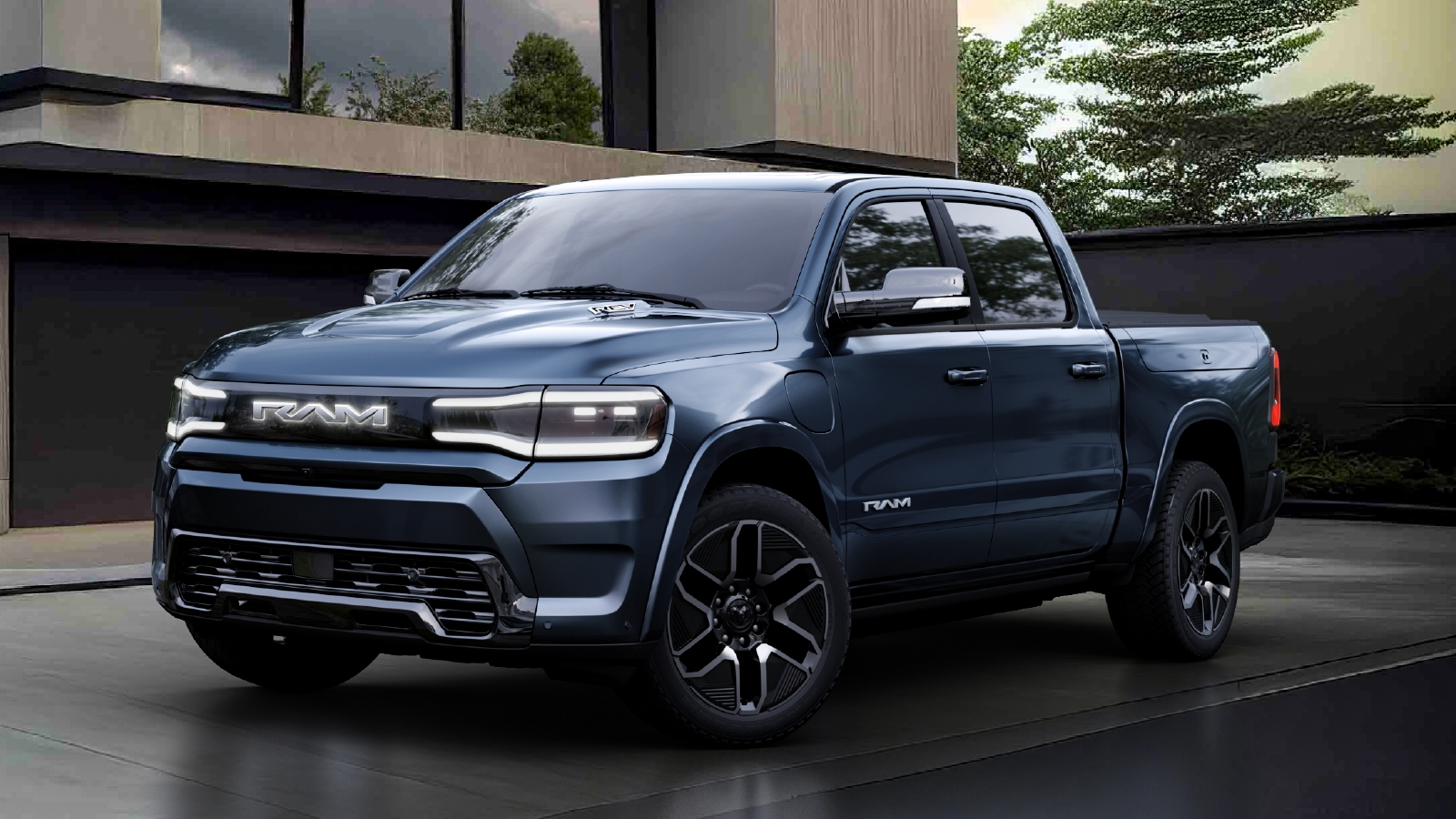
Important Considerations Before Buying: The Due Diligence Checklist
Purchasing a used EcoDiesel requires careful consideration and thorough inspection. These are complex machines, and a well-maintained example will serve you far better than one that has been neglected.
-
Maintenance History is Paramount:
- Oil Changes: Diesel engines require specific oil (low-ash synthetic) and more frequent changes than gasoline engines (typically every 10,000 miles or less, depending on use). Insist on detailed service records.
- Fuel Filter Replacement: Crucial for diesel engines to prevent contamination. Ensure regular replacements are documented.
- DEF System Maintenance: Confirm that DEF has been regularly topped up and that there are no recurring DEF system warning lights or issues.
- Transmission Service: Check if the transmission fluid and filter have been changed at recommended intervals.
-
Emissions System Scrutiny:
- The Diesel Particulate Filter (DPF) and Selective Catalytic Reduction (SCR) system (which uses DEF) are vital for emissions compliance.
- Ensure the DPF has been allowed to complete regeneration cycles regularly. Trucks used for short trips may have clogged DPFs, leading to costly repairs.
- Check for any "check engine" lights related to the emissions system. Be wary of vehicles that have had "delete" kits installed (these are illegal for street use and can cause long-term engine damage).
-
Recalls and Software Updates:
- EcoDiesel engines, particularly Gen 1 and 2, were subject to emissions recalls (e.g., the "EcoDiesel Emissions Settlement"). Verify that all applicable recalls have been performed. These often involved software updates and sometimes hardware replacements, which generally improved reliability and emissions performance.
-
Common Issues (and How to Check):
- EGR Cooler: Early models occasionally had issues with Exhaust Gas Recirculation (EGR) coolers. Look for signs of coolant leaks around the EGR system.
- Oil Cooler (Gen 1 Specific): Some Gen 1 models experienced oil cooler failures. This was often addressed by recall.
- Turbocharger: While generally robust, check for excessive turbo whine or smoke from the exhaust during acceleration.
- DEF Heater/Sensor Issues: These components can fail, leading to warning lights and potentially derating engine power.
- Crankshaft Bearing Failures (Gen 1 – less common after recall): This was a more severe issue in a small percentage of early engines. A thorough PPI can sometimes identify early signs, but often manifests without warning.
-
Mileage and Lifespan:
- Diesels are built for longevity. High mileage (e.g., 150,000-200,000 miles) on a well-maintained EcoDiesel is not necessarily a red flag, especially for Gen 3. Focus more on maintenance history than just the odometer reading.
-
Pre-Purchase Inspection (PPI):
- This is the single most important step. Have a qualified independent diesel mechanic (preferably one familiar with EcoDiesels) inspect the truck. They can identify potential issues that a layperson might miss, including checking for fault codes, fluid condition, and overall mechanical health.
Finding Your EcoDiesel Truck: Where to Look
The market for used EcoDiesel trucks is robust, offering several avenues for your search:
- Online Marketplaces: Websites like AutoTrader, Cars.com, CarGurus, and Facebook Marketplace offer vast inventories with detailed filters to narrow your search by model, year, mileage, and price.
- Dealerships: Ram/Jeep dealerships often have certified pre-owned (CPO) EcoDiesel trucks, which typically come with extended warranties and rigorous inspections. Independent used car dealerships also carry them, but CPO status adds peace of mind.
- Private Sellers: Buying from a private seller can sometimes yield a better price, as you’re cutting out the dealership’s markup. However, it also means less recourse if issues arise, making the PPI even more critical.
- Auction Sites: For experienced buyers, online and physical auto auctions can offer lower prices, but the risk is significantly higher as you often cannot thoroughly inspect the vehicle beforehand.
The Buying Process: Tips for a Smooth Transaction
Once you’ve identified a potential EcoDiesel, navigate the purchase process wisely:
- Budgeting: Beyond the purchase price, factor in potential costs for insurance, DEF fluid (typically a few hundred dollars per year), and the specific maintenance requirements of a diesel.
- Test Drive: Don’t rush. Pay attention to how the engine starts (smoothly, without excessive smoke), shifts, and handles. Listen for unusual noises. Test all features, including towing mode if applicable. Drive at various speeds, including highway speeds.
- Negotiation: Research comparable sales in your area. Be prepared to negotiate, especially if your PPI reveals minor issues. Don’t be afraid to walk away if the deal doesn’t feel right.
- Financing and Insurance: Get pre-approved for financing if needed, and obtain insurance quotes before committing. Diesel vehicles can sometimes have slightly higher insurance premiums.
- Paperwork: Ensure the title is clear, and all registration documents are correct. Understand any warranty implications, especially if buying a CPO vehicle.
Types and Generations of EcoDiesel
Understanding the different generations can significantly impact your buying decision:
- First Generation (Gen 1): Primarily 2014-2016 Ram 1500 and Jeep Grand Cherokee. These were groundbreaking but experienced some initial reliability concerns, notably with crankshaft bearings and EGR coolers. Most of these were addressed via recalls and subsequent repairs. If buying a Gen 1, ensure all recall work is documented.
- Second Generation (Gen 2): 2017-2019 Ram 1500 and Jeep Grand Cherokee. These saw refinements but were still based on the Gen 1 architecture and were also subject to emissions recalls. Reliability generally improved over Gen 1.
- Third Generation (Gen 3): 2020-Present Ram 1500, Jeep Grand Cherokee (WL), Jeep Wrangler, and Gladiator. This is a significantly re-engineered engine, boasting more power, torque, and a much-improved reputation for reliability. It’s the most desirable version for those seeking long-term peace of mind, though it will naturally command a higher price.
Ecodiesel Trucks For Sale: Representative Price Guide (Estimated)
Please note that prices for used vehicles vary wildly based on condition, mileage, trim level, optional features, location, and market demand. This table provides a general estimate for well-maintained vehicles.
| Model/Year Range | Engine Generation | Typical Price Range (USD) | Key Features/Notes |
|---|---|---|---|
| Ram 1500 EcoDiesel | |||
| 2014-2016 | Gen 1 | $15,000 – $25,000 | Entry-level into EcoDiesel. Check for recall completion (Emissions Settlement). Can be a good value if meticulously maintained. |
| 2017-2019 | Gen 2 | $20,000 – $35,000 | Improved refinements over Gen 1. Also subject to emissions recall. Often found in various trim levels (Tradesman, Laramie, Rebel, Longhorn, Limited). |
| 2020-2023 | Gen 3 | $35,000 – $55,000+ | Significantly updated engine (more power, better reliability reputation). Higher towing capacity. Often found in newer body styles and higher trim levels. Premium pricing due to improvements and newer age. |
| Jeep Grand Cherokee EcoDiesel | |||
| 2014-2016 | Gen 1 | $12,000 – $22,000 | Offers diesel efficiency in an SUV package. Overland and Summit trims common. Similar Gen 1 considerations. |
| 2017-2019 | Gen 2 | $18,000 – $28,000 | Continues the tradition of the efficient diesel SUV. Less common than Ram 1500 EcoDiesels in the used market. |
| 2020-2022 (WL) | Gen 3 | $30,000 – $45,000+ | Available in the newer generation Grand Cherokee (WL). Excellent blend of luxury, capability, and fuel economy. |
| Jeep Wrangler/Gladiator EcoDiesel | |||
| 2020-2023 | Gen 3 | $40,000 – $60,000+ | Introduced the Gen 3 EcoDiesel to these iconic off-roaders. Very desirable for those needing torque for crawling or long-distance overlanding. Prices reflect their newer status and strong demand. |
Note: Prices are highly variable and subject to change based on market conditions, vehicle condition, mileage, and geographical location. This table serves as a general guideline.
Frequently Asked Questions (FAQ) about EcoDiesel Trucks For Sale
Q1: Is the EcoDiesel engine reliable?
A1: Reliability has significantly improved with each generation. While Gen 1 models had some known issues (many addressed by recalls), Gen 3 (2020+) is generally considered very reliable, assuming proper maintenance. Like any diesel, it thrives on regular, high-quality servicing.
Q2: What kind of fuel economy can I expect?
A2: Expect excellent fuel economy for a truck. Ram 1500 EcoDiesels often achieve 22-26 MPG combined, with highway figures potentially reaching 30 MPG (2WD). Jeep Grand Cherokees are similar, and even the heavier Wrangler/Gladiator EcoDiesels can get 20-24 MPG combined.
Q3: What is DEF, and how often do I need to refill it?
A3: DEF (Diesel Exhaust Fluid) is a non-toxic liquid injected into the exhaust stream to reduce NOx emissions. The tank size and consumption rate vary, but generally, you’ll need to refill the DEF tank every 5,000 to 10,000 miles, depending on driving habits and tank capacity. It’s an easy and relatively inexpensive fluid to top up.
Q4: Can EcoDiesel trucks really tow heavy loads?
A4: Absolutely. The high torque output of the EcoDiesel V6 makes it an excellent towing machine, especially for its class. The latest Ram 1500 EcoDiesel can tow over 12,000 lbs, rivaling some lighter-duty gasoline V8s while offering better fuel economy during towing.
Q5: Are there common problems to watch out for when buying used?
A5: Yes, particularly with Gen 1 and early Gen 2 models. Key areas include the EGR cooler, oil cooler (Gen 1), and potential DEF system sensor/heater issues. Always check if emissions recalls have been completed. With Gen 3, common problems are far less prevalent.
Q6: Is an EcoDiesel expensive to maintain?
A6: Maintenance costs can be slightly higher than a gasoline engine due to the need for specific diesel oil, more frequent fuel filter replacements, and DEF refills. However, these costs are often offset by better fuel economy and potentially longer engine life if properly cared for. A pre-purchase inspection is crucial to avoid major unexpected expenses.
Q7: What’s the main difference between Gen 1, Gen 2, and Gen 3 EcoDiesel engines?
A7:
- Gen 1 (2014-2016): Original design, 240 hp/420 lb-ft, subject to emissions recall, some reliability concerns.
- Gen 2 (2017-2019): Minor refinements, similar power, also subject to emissions recall.
- Gen 3 (2020+): Significantly re-engineered, 260 hp/480 lb-ft, improved reliability, higher towing capacity, found in newer body styles and models. This is the most refined and generally most desirable version.
Conclusion
EcoDiesel trucks offer a compelling package for buyers seeking a blend of fuel efficiency, robust towing capability, and refined daily driving. The market for "EcoDiesel Trucks For Sale" presents a diverse array of options, from early generation workhorses to the highly capable and refined latest models.
By understanding the unique characteristics of the EcoDiesel engine, conducting thorough due diligence (especially regarding maintenance history and recall completion), and prioritizing a comprehensive pre-purchase inspection, you can confidently navigate the used market. While early generations require a more cautious approach, a well-maintained EcoDiesel, particularly a Generation 3 model, can be an outstanding investment, providing years of reliable service and significant savings at the pump. Approach your search with knowledge and diligence, and you’ll find an EcoDiesel truck that perfectly fits your needs and budget.
